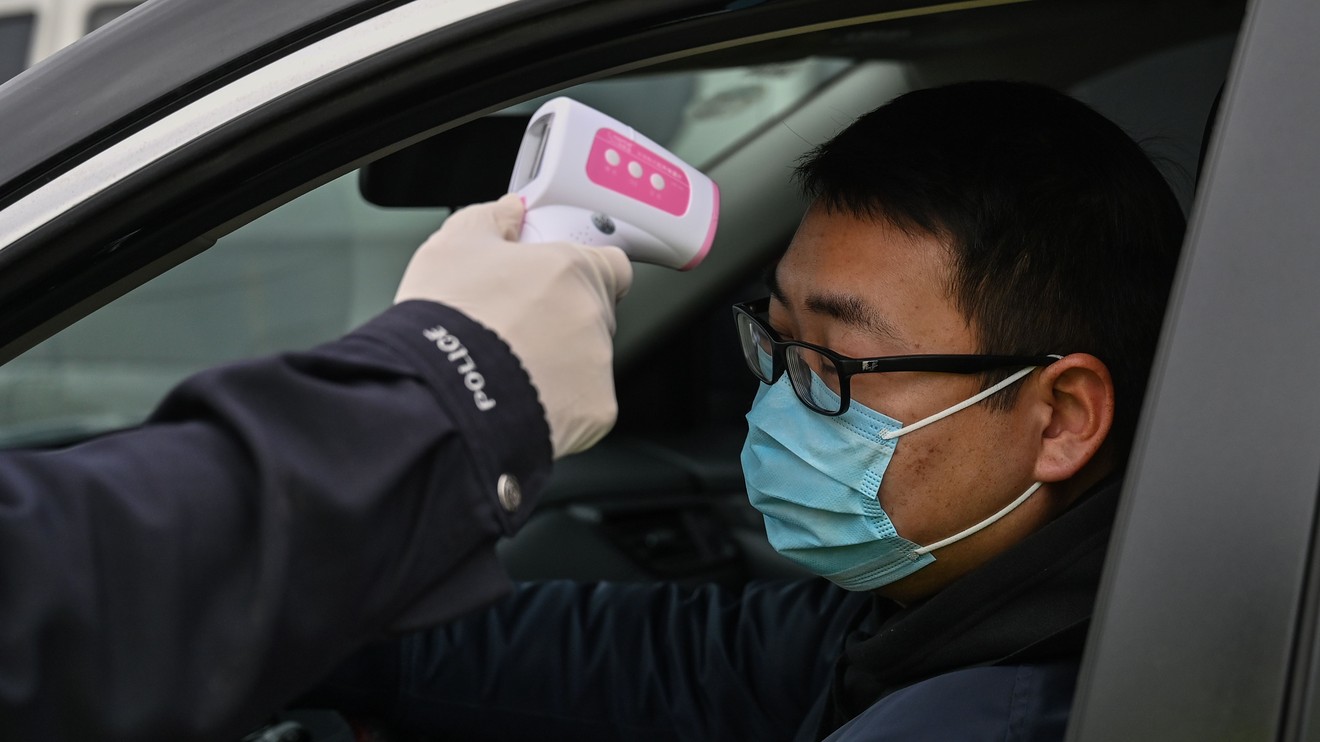
CLAREMONT, Calif. (Project Syndicate) — An outbreak of a new coronavirus that began in the Chinese city of Wuhan has already infected over 4,000 people — mostly in China, but also in several other countries, from Thailand to France to the United States — and killed more than 100.
Given China’s history of disease outbreaks — including of severe acute respiratory syndrome (SARS) and African swine fever — and officials’ apparent awareness of the need to strengthen their capacity to address “major risks,” how could this happen?
When China’s leaders finally declare victory against the outbreak of the new and deadly coronavirus, they will undoubtedly credit the Communist Party of China’s leadership. But the truth is just the opposite: the party is again responsible for this calamity.
It should be no surprise that history is repeating itself in China. To maintain its authority, the Communist Party of China must keep the public convinced that everything is going according to plan. That means carrying out systemic cover-ups of scandals and deficiencies that may reflect poorly upon the CPC’s leadership, instead of doing what is necessary to respond.
This pathological secrecy hobbles the authorities’ capacity to respond quickly to epidemics. The SARS epidemic of 2002-03 could have been contained much sooner had Chinese officials, including the health minister, not deliberately concealed information from the public. Once proper disease-control and prevention measures were implemented, SARS was contained within months.
No lessons learned
Yet China seems not to have learned its lesson. Although there are important differences between today’s coronavirus epidemic and the SARS outbreak — including far greater technological capacity to monitor disease — they may have the CPC’s habit of cover-ups in common.
To be sure, at first glance, China’s government has appeared to be more forthcoming about the latest outbreak.
But, although the first case was reported on Dec. 8, the Wuhan municipal health commission didn’t issue an official notice until several weeks later. And, since then, Wuhan officials have downplayed the seriousness of the disease and deliberately sought to suppress news coverage.
That notice maintained that there was no evidence that the new illness could be transmitted among humans, and claimed that no health-care workers had been infected. The commission repeated these claims on Jan. 5, though 59 cases had been confirmed by then.
Even after the first death was reported on Jan. 11, the commission continued to insist that there was no evidence that it could be transmitted among humans or that health-care workers had been affected.
Throughout this critical period, there was little news coverage of the outbreak. Chinese censors worked diligently to remove references to the outbreak from the public sphere, which is far easier today than it was during the SARS epidemic, thanks to the government’s dramatically tighter control over the internet, media, and civil society.
Police have harassed people for “spreading rumors” about the disease.
According to one study, references to the outbreak on WeChat — a popular Chinese messaging, social media, and mobile-payment app — spiked between Dec. 30 and Jan. 4, around the time when the Wuhan municipal health commission first acknowledged the outbreak. But mentions of the disease subsequently plummeted.
References to the new coronavirus rose slightly on Jan. 11, when the first death was reported, but then quickly disappeared again. It was only after Jan. 20 — following reports of 136 new cases in Wuhan, as well as cases in Beijing and Guangdong — that the government rolled back its censorship efforts. Mentions of coronavirus exploded.
Undermined containment
Yet again, the Chinese government’s attempts to protect its image proved costly, because they undermined initial containment efforts.
The authorities have since switched gears, and their strategy now appears to be to show how seriously the government is taking the disease by imposing drastic measures: a blanket travel ban on Wuhan and neighboring cities in Hubei province, which together have a population of 35 million.
At this point, it is unclear whether and to what extent these steps are necessary or effective. What is clear is that China’s initial mishandling of the coronavirus outbreak means that thousands will be infected, hundreds may die, and the economy, already weakened by debt and the trade war, will take another hit.
But perhaps the most tragic part of this story is that there is little reason to hope that next time will be different.
The survival of the one-party state depends on secrecy, media suppression, and constraints on civil liberties. So, even as Chinese President Xi Jinping demands that the government increase its capacity to handle “major risks,” China will continue to undermine its own — and the world’s — safety, in order to bolster the CPC’s authority.
When China’s leaders finally declare victory against the current outbreak, they will undoubtedly credit the CPC’s leadership. But the truth is just the opposite: the party is again responsible for this calamity.
This article was published with permission of Project Syndicate — The Coronavirus Is a Disease of Chinese Autocracy.
Minxin Pei is professor of government at Claremont McKenna College and a non-resident senior fellow at the German Marshall Fund of the United States.
div > iframe { width: 100% !important; min-width: 300px; max-width: 800px; } ]]>







